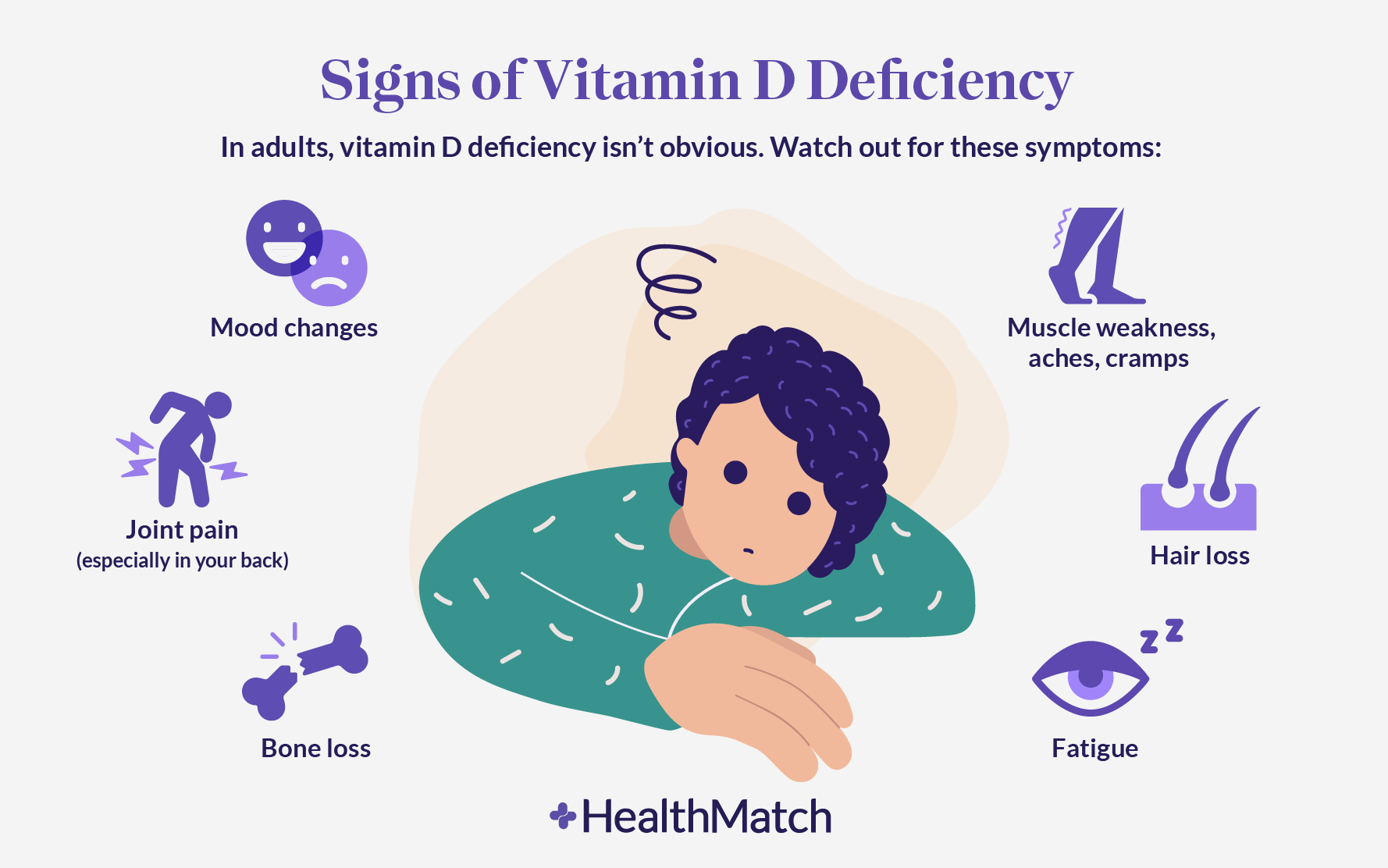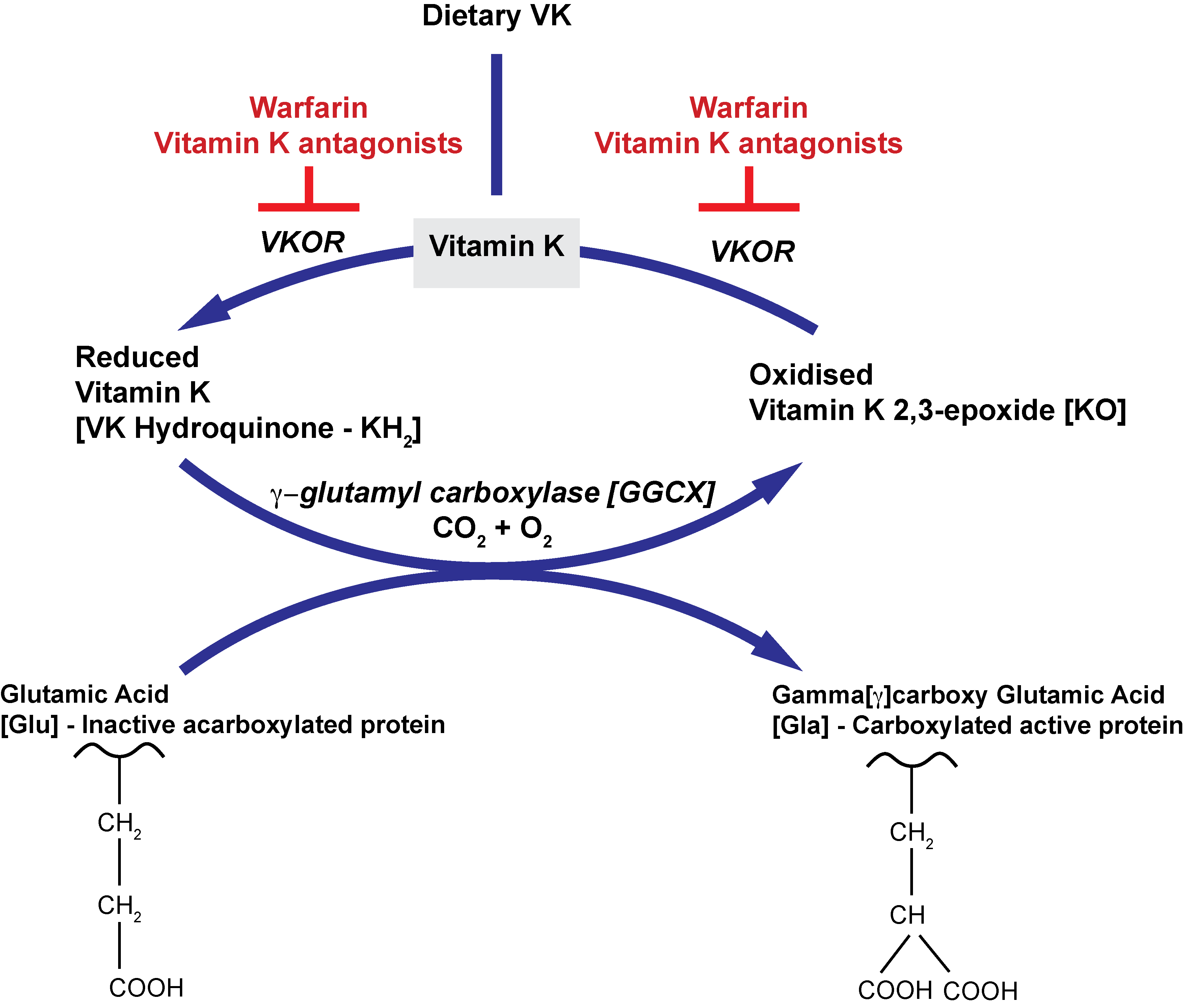The Importance Of Vitamin K: Essential Role, Sources, And Deficiency Symptoms
Editor's Note: "The Importance Of Vitamin K: Essential Role, Sources, And Deficiency Symptoms" have published today to aware peoples.
Vitamin K is an essential nutrient with several vital roles, including blood clotting, bone health, and heart health. Despite its importance, many people may not be aware of its sources and deficiency symptoms. Understanding these aspects can help ensure adequate Vitamin K intake and maintain overall health.

What is vitamin A deficiency? – ouestny.com - Source www.ouestny.com
This guide will explore the essential role of Vitamin K, its sources, and the potential signs of deficiency. By providing comprehensive information, we aim to offer a clear understanding of this essential nutrient for a comprehensive nutritional understanding.
FAQ
This section addresses common questions and concerns about the significance of vitamin K, its dietary sources, and the consequences of deficiency.
Question 1: What is the primary role of vitamin K in the body?
Answer: Vitamin K is essential for the synthesis of specific proteins involved in blood coagulation, ensuring proper blood clotting and preventing excessive bleeding.
Question 2: What are the best dietary sources of vitamin K?
Answer: Vitamin K is primarily found in leafy green vegetables, such as spinach, kale, and collard greens. Other sources include broccoli, cauliflower, and vegetable oils.
Question 3: What are the symptoms of vitamin K deficiency?
Answer: Prolonged deficiency of vitamin K can lead to impaired blood clotting, resulting in easy bruising, prolonged bleeding from wounds, and nosebleeds.
Question 4: Who is at risk of vitamin K deficiency?
Answer: People with impaired absorption of fats (malabsorption), those taking certain antibiotics, and newborns are more susceptible to vitamin K deficiency.
Question 5: How can vitamin K deficiency be treated?
Answer: Treatment involves addressing the underlying cause of deficiency and administering vitamin K supplements, either orally or intravenously, as prescribed by a healthcare professional.
Question 6: Is there a risk of vitamin K toxicity?
Answer: Excessive intake of vitamin K is generally not a concern, as the body regulates its absorption and utilization.

Vitamin D5 Deficiency Symptoms | edu.svet.gob.gt - Source edu.svet.gob.gt
In conclusion, vitamin K plays a crucial role in maintaining optimal blood clotting, and its adequate intake is essential for overall health. Individuals at risk of deficiency should consult with their healthcare provider to ensure appropriate monitoring and treatment.
For more information on the importance of vitamin K and its potential health implications, refer to the accompanying article.
Tips Regarding Vitamin K

Printable Vitamin And Mineral Deficiency Symptoms Chart Vitamin - Source www.pinterest.co.kr
Vitamin K is an essential nutrient that plays a vital role in maintaining bone health and facilitating blood clotting. This article, The Importance Of Vitamin K: Essential Role, Sources, And Deficiency Symptoms, explores the significance of vitamin K, its diverse dietary sources, and the potential consequences of deficiency. To optimize vitamin K intake and prevent any associated health issues, consider incorporating these tips into your lifestyle:
Tip 1: Consume Leafy Green Vegetables
Leafy green vegetables, such as kale, spinach, and collard greens, are abundant sources of vitamin K. Incorporating these nutrient-rich vegetables into your regular diet can help meet your daily vitamin K requirements.
Tip 2: Include Vitamin K-Enriched Foods
Some breakfast cereals and margarine are fortified with vitamin K, offering a convenient way to increase your intake. By choosing these enriched foods, you can supplement your diet and ensure adequate vitamin K levels.
Tip 3: Consider Dietary Supplements
If your diet is lacking in vitamin K-rich foods, consider consulting a healthcare professional about vitamin K supplements. They can assess your individual needs and recommend appropriate supplements to maintain optimal vitamin K levels.
Tip 4: Maintain a Healthy Gut Microbiome
The gut microbiome plays a crucial role in vitamin K production. Maintaining a healthy gut by consuming fermented foods, such as yogurt and kefir, can support the growth of beneficial bacteria that synthesize vitamin K, further contributing to your overall health.
Tip 5: Be Aware of Interactions with Medications
Certain medications, such as blood thinners (e.g., warfarin) and antibiotics, can interfere with vitamin K absorption. If you are taking any medications, consult your doctor to understand potential interactions and make necessary dietary adjustments.
By following these tips, you can ensure adequate vitamin K intake, promoting bone health, supporting blood clotting, and potentially reducing the risk of associated health problems.
To learn more about vitamin K, its sources, and the implications of deficiency, refer to the comprehensive article: The Importance Of Vitamin K: Essential Role, Sources, And Deficiency Symptoms.
The Importance Of Vitamin K: Essential Role, Sources, And Deficiency Symptoms
Vitamin K encompasses a set of fat-soluble vitamins bearing substantial significance in manifold biological processes, including blood coagulation, bone metabolism, and cardiovascular health. There are two primary forms of vitamin K: vitamin K1 (phylloquinone), primarily found in leafy green vegetables, and vitamin K2 (menaquinone), synthesized by gut bacteria and present in animal products and fermented foods. An adequate intake of vitamin K is imperative to maintain optimal health, as deficiency can lead to severe complications.
- Blood coagulation: Vitamin K serves as a crucial cofactor in the synthesis of clotting factors, ensuring proper blood coagulation and preventing excessive bleeding.
- Bone health: Vitamin K plays a pivotal role in the formation and maintenance of strong bones by promoting osteoblast activity and inhibiting osteoclast activity.
- Cardiovascular health: Vitamin K may reduce the risk of cardiovascular disease by preventing calcium deposition in arteries and maintaining vascular elasticity.
- Dietary sources: Rich sources of vitamin K1 include spinach, kale, broccoli, and Brussels sprouts, while animal products, natto, and certain cheeses are good sources of vitamin K2.
- Deficiency symptoms: Severe deficiency of vitamin K can manifest as impaired blood coagulation and an increased risk of bleeding, spontaneous bruising, and bone fractures.
The essential role of vitamin K in various bodily functions underscores its importance in maintaining overall health. An adequate intake of vitamin K can be achieved through a balanced diet rich in leafy green vegetables, animal products, and fermented foods. Individuals with specific dietary restrictions or underlying medical conditions may require supplementation to ensure optimal vitamin K levels.

Vitamin K and the Vitamin K Dependent Clotting Factors - Source practical-haemostasis.com
The Importance Of Vitamin K: Essential Role, Sources, And Deficiency Symptoms
Vitamin K is a fat-soluble vitamin that plays a critical role in blood clotting, bone metabolism, and cardiovascular health. It is found in two forms: vitamin K1 (phylloquinone) and vitamin K2 (menaquinones). Vitamin K1 is found in leafy green vegetables, such as spinach, kale, and collard greens, while vitamin K2 is found in animal products, such as liver, meat, and eggs.

Vitamin Functions, Deficiency Symptoms, and Natural Sources - CalorieBee - Source caloriebee.com
Vitamin K is essential for the formation of blood clots. When a blood vessel is damaged, vitamin K helps to convert a protein called prothrombin into thrombin, which is necessary for the formation of a blood clot. Without vitamin K, blood clots would not form properly, and bleeding would occur. Vitamin K is also important for bone metabolism. It helps to form a protein called osteocalcin, which is involved in the mineralization of bones. Without vitamin K, bones would be weak and brittle.
Vitamin K deficiency is rare, but it can occur in people who do not eat a balanced diet or who have certain medical conditions, such as liver disease or malabsorption. Symptoms of vitamin K deficiency include easy bruising, nosebleeds, and heavy menstrual bleeding. In severe cases, vitamin K deficiency can lead to anemia and even death.
Vitamin K is an essential nutrient that plays a vital role in maintaining health. By eating a balanced diet that includes plenty of leafy green vegetables and animal products, you can ensure that you are getting the vitamin K you need.
Table of Vitamin K Sources
| Food | Vitamin K Content (mcg) |
|---|---|
| Spinach (1 cup cooked) | 145 |
| Kale (1 cup cooked) | 106 |
| Collard greens (1 cup cooked) | 86 |
| Liver (3 ounces) | 65 |
| Meat (3 ounces) | 20 |
| Eggs (1 large) | 19 |
Conclusion
Vitamin K is an essential nutrient that plays a vital role in maintaining health. By eating a balanced diet that includes plenty of leafy green vegetables and animal products, you can ensure that you are getting the vitamin K you need. Vitamin K deficiency is rare, but it can occur in people who do not eat a balanced diet or who have certain medical conditions. Symptoms of vitamin K deficiency include easy bruising, nosebleeds, and heavy menstrual bleeding. In severe cases, vitamin K deficiency can lead to anemia and even death.
If you are concerned that you may not be getting enough vitamin K, talk to your doctor. They can recommend a blood test to check your vitamin K levels and prescribe a supplement if necessary.



